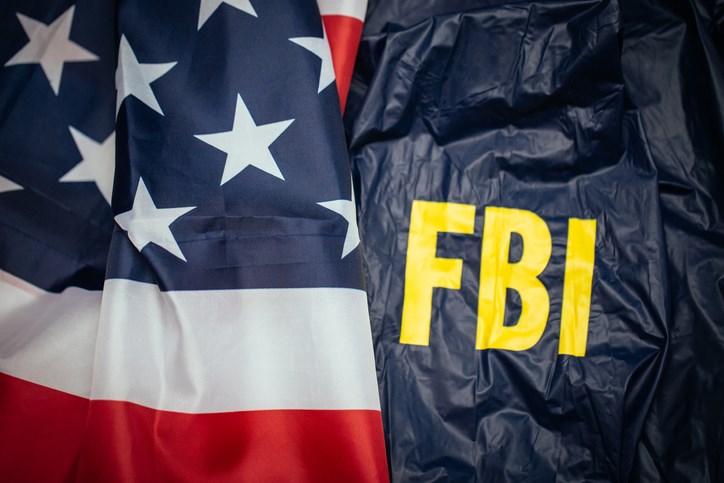A convicted B.C. drug trafficker has successfully appealed his extradition order to the United States to face further allegations of drug trafficking.
In April 2022, Supreme Court of B.C. Justice Jeanne Watchuk ordered Tenny Guon Lim be placed in custody for the purpose of extradition to the United States. Shortly thereafter, the Attorney General of Canada approved Lim’s extradition — which is now on hold until a new extradition hearing is held to examine the disclosure of evidence that the Court of Appeal for B.C. ruled was erroneously withheld by Watchuk.
Lim’s extradition appeal was tied to his 2019 criminal conviction, which is unrelated to the charges brought against him by the United States government.
On May 7, 2019, Lim was sentenced to eight years in prison after pleading guilty to possession of heroin for the purpose of trafficking in May 2014; it was then that Lim had conspired with an Air Canada employee to import $85.3 kilograms of heroin — packaged in beeswax packages — from Laos. Lim was caught by the RCMP with the drugs in his Mercedes vehicle shortly after driving away from a warehouse at Â鶹´«Ã½Ó³»International Airport, according to Lim’s sentencing decision.
Lim’s sentencing judge told Lim: “You have complied fully with your bail conditions over a considerable period of time and are described by your bail supervisor as an exemplary client.”
However, the Federal Bureau of Investigation (FBI) has alleged that while out on bail in B.C., Lim was a leader of an unrelated international drug trafficking operation between April 2017 and May 2019.
Lim is alleged to have orchestrated the transport of MDMA from B.C. to Los Angeles in exchange for cocaine to be transported by a Mexican drug cartel to Vancouver, according to the FBI’s submissions summarized by the Court of Appeal.
Investigators allege the operation involved members of Canadian, Mexican, Serbian, Chinese, and Sudanese gangs, some of whom used coded language and military-grade, end-to-end encrypted devices to hide their communications.
Lim and Dario Antonio Baruca were indicted in May 2019 by a U.S. grand jury for conspiracy to distribute and to possess with intent to distribute controlled substances. Watchuk said there was enough evidence to send Lim south, but not for Baruca.
, of Vancouver, has already been sentenced to 14.5 years in a U.S. prison. Chiu was investigated, but not charged, in a money laundering probe of Richmond’s Silver International money service business.
The FBI has sought to use a recorded interview of Lim by the RCMP in 2014 as evidence in its case; investigators intend to link Lim’s voice in the interview to recordings alleged to be of Lim and confidential witnesses in the U.S. case against him.
Lim wished to seek disclosure of the interview process and have a voir dire to determine the admissibility of the 2014 recording.
But Watchuk, at the Supreme Court of B.C., decided Lim had waived his charter rights when he pleaded guilty to drug trafficking in relation to that interview.
“The waiver of charter protections resulting from a guilty plea must extend to extradition proceedings in order to ensure the finality of the guilty plea and the stability, integrity and efficiency of the administration of justice,” ruled Watchuk in 2022.
“The principle of finality of guilty pleas and the benefits therein conferred require that it not be open to Mr. Lim to raise charter arguments during his extradition proceedings that he chose not to make during his Canadian criminal proceedings,” noted Watchuk in ultimately dismissing the disclosure application.
With assistance from his criminal law attorney Matthew Nathanson, Lim appealed the decision and by extension his committal order, and, effectively, the extradition order.
Court of Appeal Justice Karen Horsman wrote that Watchuk erred and put aside the two orders (allowing a judicial review of the extradition order).
Horsman explained that “there is no rule of law or evidence preventing the appellant from challenging the admissibility of Canadian-gathered evidence on the basis of his prior guilty plea” and as such Lim’s guilty plea “did not constitute a waiver of” his charter rights to challenge the admissibility of the interview in the U.S. case.
And, “in the Canadian criminal law context, principles of finality and consistency give way to the criminal law principles of presumption of innocence and the Crown’s burden of proof,” wrote Horsman.
Part of the problem with Watchuk’s ruling was that it leaned on a prior decision (Pavlicevic) that Horsman said “did not identify the Canadian rule of law or evidence that dictated such an outcome.”
And Horsman noted the Extradition Act actually mandates a judge to inquire into the admissibility of evidence.
“This did not occur,” wrote Horsman.
With files from Bob Mackin



